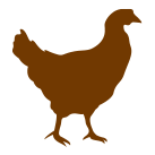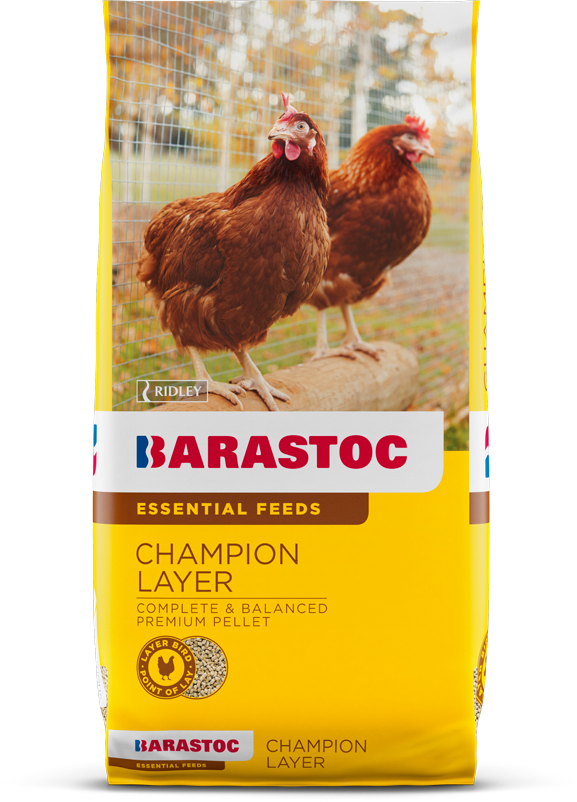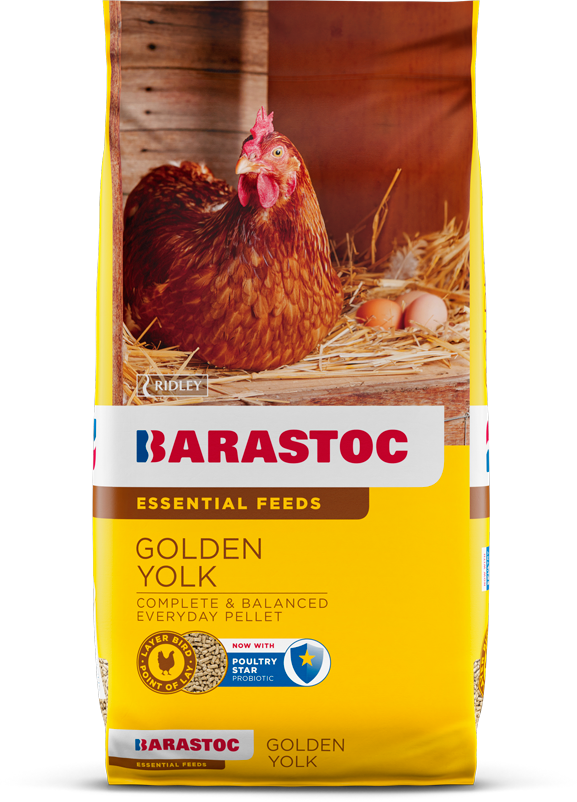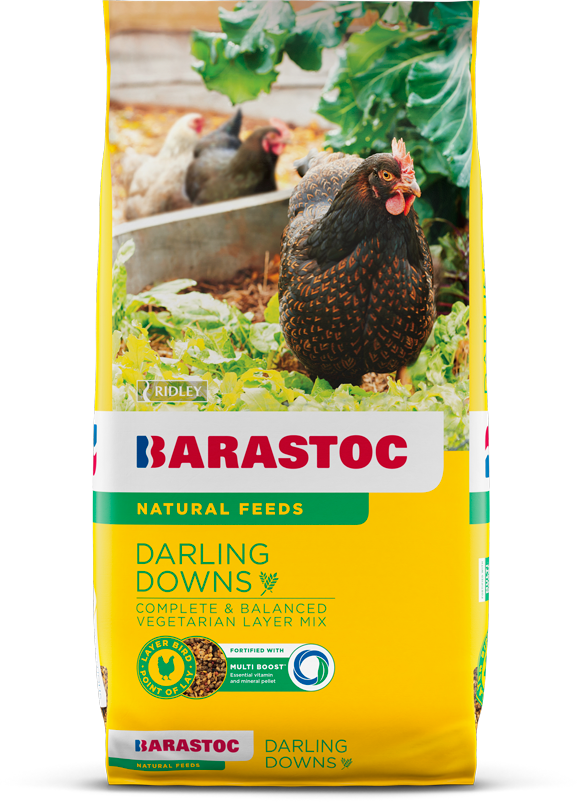Just like us, chickens need a range of vitamins and minerals to stay healthy and in peak performance. Metabolic processes, growing muscle or feathers, producing eggs, staying healthy or running around the backyard all require essential vitamins and minerals. One of the many advantages of a complete feed, whether it is a pellet, crumble or mash, is that there are essential vitamins and minerals included in it. While your chickens love grain, feed scraps, bugs and insects in the garden, these won’t contain the vitamins and minerals at the levels that they need to stay healthy and for good egg production.
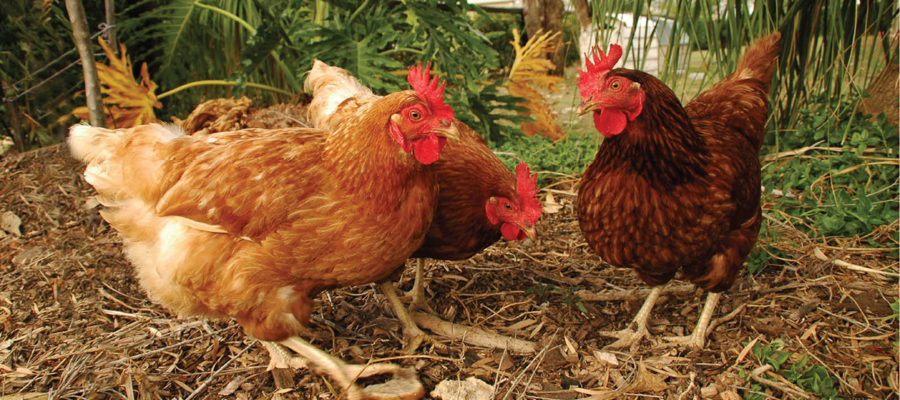
Poultry need two groups of minerals, macro and trace minerals. Macro minerals are those that the bird requires at levels over 100mg/kg of their body weight. These include minerals such as calcium, phosphorus, sodium, potassium and chloride. Laying hens require around 4g of calcium per day to get the 2g of calcium that is required for one eggshell. This means that calcium, together with phosphorus and vitamin D are highly important for both the bird’s structural integrity and shell integrity. If you are feeding just a grain mix without shell grit then don’t be lulled into a false sense of security if your birds are producing nice strong shells. The hens are taking the calcium and phosphorus out of their bones in order to make these strong egg shells. Eventually the bones deplete of calcium and phosphorus and you’ll find that egg shells get thinner and weaker and eventually hens will have weak legs or broken bones. The other macro minerals such as sodium, potassium and chloride are electrolytes that play important roles in the body. Grains are low in sodium and chloride (or salt) so once again if you are only feeding grain to your hens then salt deficiency is likely and this can result in birds being agitated, pulling each other’s feathers out or in severe cases, cannibalising each other.
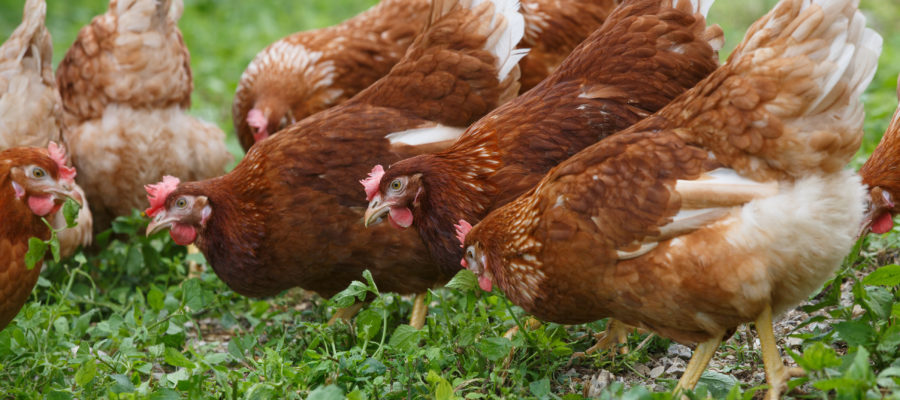
Trace minerals are the other group of minerals that poultry need in amounts of less than 100mg/kg of body weight. These include minerals such as manganese, zinc, iron and selenium to name a few. Don’t let the name “trace minerals” fool you as even though these are needed in small amounts, they are just as important as the macro minerals. Trace minerals are needed for bird health and nutrient utilisation but are also required for skeletal and eggshell integrity in the case of zinc, manganese and copper. The Barastoc poultry range already contains the required levels of macro and trace minerals for poultry.
Vitamins are important for bird health. Each product in the Barastoc Poultry range contains a multi-vitamin so when you put the feed out for your hens every day they are getting their daily dose of vitamins (and other nutrients). This is similar to you taking a multivitamin with a meal, except it’s all combined into one for ease! This includes vitamins such as vitamin A, D, E and K as well as the B group vitamins, biotin and choline.
